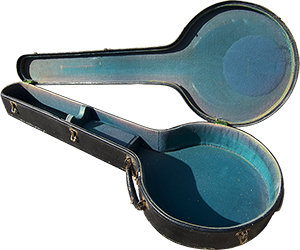Only 68 days away: The 51st Annual Alaska Folk Festival, April 6-12, 2026

Whoops!
Something went wrong or the page doesn't exist anymore.
Home Page
Alaska Folk Festival
51st Year — April 6-12, 2026
Main Stage | Centennial Hall, 101 Egan Dr.
Dance Stage | JAHC, 350 Whittier St.
Juneau, Alaska
